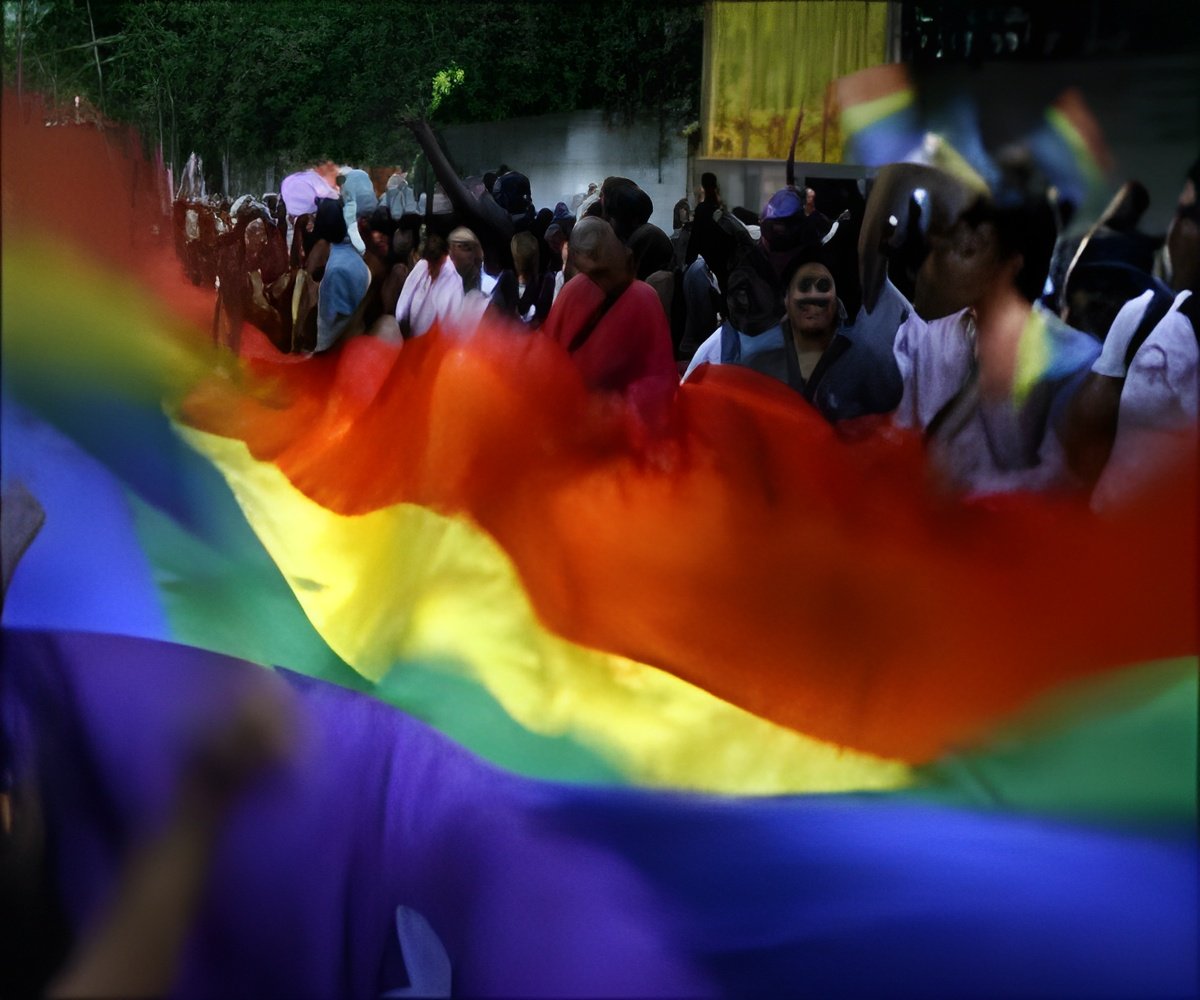Teenagers who specifically belong to Lesbian, gay, bisexual and questioning youth are more likely to have certain conditions such as Type 2 diabetes, obesity, etc., finds a Northwestern University study.

The researchers used national data from 350,673 US high-school students, predominantly ranging between 14 and 18 years old, collected by the Centers for Disease Control and Prevention as part of the Youth Risk Behavior Survey to detect disparities in diabetes risk factors by sexual orientation.
The study found that on average, sexual minority and questioning students were less likely to engage in physical activity than heterosexual students. They reported approximately one less day per week of physical activity and were 38 to 53 percent less likely to meet physical activity guidelines than heterosexual students.
The number of hours of sedentary activity among bisexual and questioning students was higher than heterosexual students, with an average of 30 minutes more per school day than heterosexual counterparts.
And lesbian, bisexual and questioning female students were 1.55 to 2.07 times more likely to be obese than heterosexual female students. Obesity and sedentary activity may be higher in this population because lesbian, gay, bisexual and questioning youth are subjected to minority stress.
"Many of these youth might be taking part in sedentary activities like playing video games to escape the daily stress tied to being lesbian, gay, bisexual or questioning," said lead study author Lauren Beach, a postdoctoral research fellow at NU Institute for Sexual and Gender Minority Health and Wellbeing.
Advertisement
Cultural and environmental factors may also be at play.
Advertisement
Family support and identity affirmation: developing positive feelings and a strong attachment to a group have been consistently linked to better health among LGBQ youth.
Source-IANS













